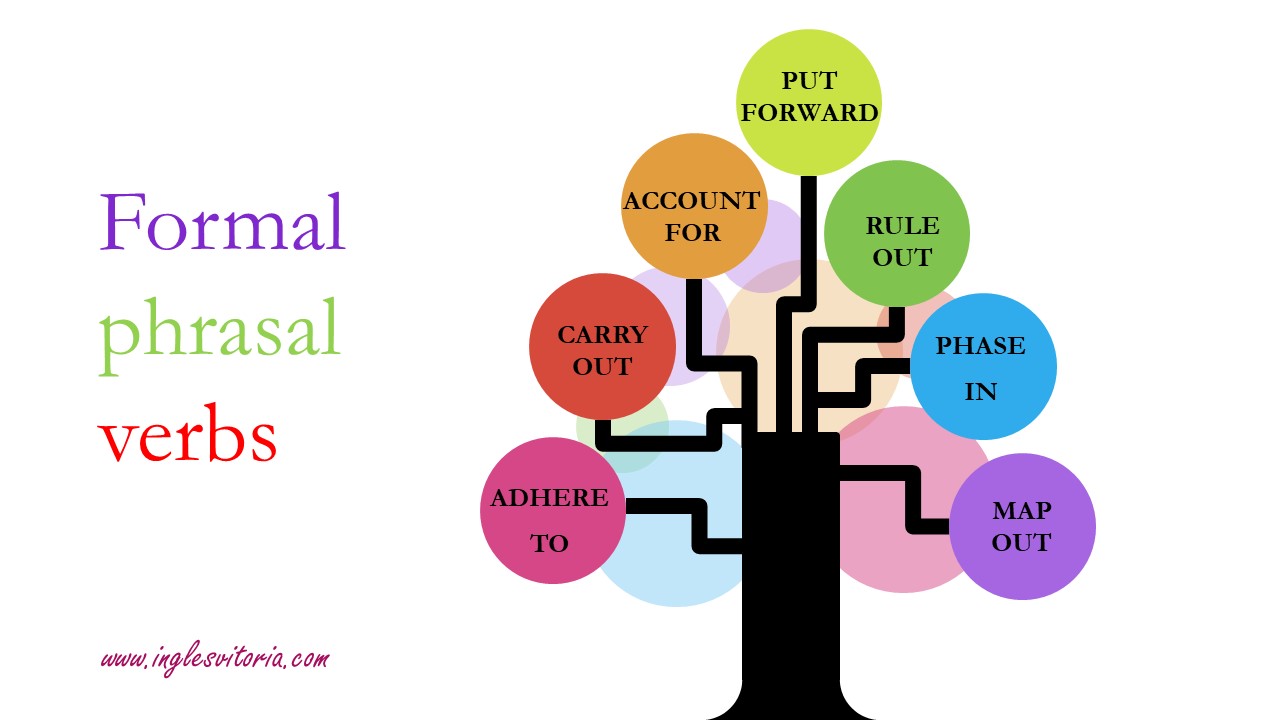 There is a widely-held belief that phrasal verbs in English are informal and will be frowned upon in academic writing such as the essay, the formal letter, or the report tasks in the CAE.
There is a widely-held belief that phrasal verbs in English are informal and will be frowned upon in academic writing such as the essay, the formal letter, or the report tasks in the CAE.
While there is an element of truth in that, there are indeed certain phrasal verbs, formal ones that is, which are not only acceptable but will also enhance your writing and show mastery of the language.
As an example, “Kick off a new project” is decidedly not suitable in formal style whereas “embark on a new project” is spot on. If your level of English is high, you will probably be able to discern the level of formality/informality of phrasal verbs. Otherwise, a phrasal verbs dictionary (e.g. Macmillan Phrasal Verbs Plus) can be immensely helpful. When that is not an option and if in doubt, it would probably be more advisable to go for the equivalent single verb form. For instance, let’s imagine on exam day you want to use “turn down an offer” but are not certain it is fitting; better to stay on safe ground and use “decline an offer”.
One final note. I have been talking about formal and informal phrasal verbs but it should be established that the majority of phrasal verbs in English are neutral and can be used both in formal and informal situations. An example of this is “depend on”. Other neutral phrasal verbs are: TURN OUT/DO WITHOUT/BRING UP / PUT OFF/ LOOK INTO/GET ACROSS, etc.
The ones on this list are positively formal, though. Now, without further ado, let’s dive into it:
FORMAL PHRASAL VERBS
ENGAGE IN: take part in
Some workers resent the fact that they have to engage in after-work company organised activities.
CARRY OUT: conduct
A thirteen-year study carried out by Dr David Meck showed that wolves in the wild do not live in packs lead by an alpha male but in family groups.
ACCOUNT FOR: be the reason for
Experts say better diagnosis testing accounts for the significant increase in autism rates.
PHASE IN: introduce gradually
A new system of tablets replacing textbooks will be phased in over the next 5 courses.
RULE OUT: discard an idea or course of action
The president ruled out the implementation of new green policies, which increased his unpopularity.
PUT FORWARD: suggest a plan, proposal, etc
Several proposals were put forward by the staff, but none of them were given any consideration.
ARRIVE AT: reach a conclusion, decision, agreement, etc.
Inevitably, we arrived at the conclusion that drastic changes needed to be introduced.
LOOK FORWARD TO: commonly used in formal letters/e-mails in order to express that you expect an answer.
I look forward to hearing from you in the near future.
Note: I include this one here because it is formal in that context but I must point out that this phrasal verb is by no means only formal as it can be used in different registers. For more informality, “I look” can be replaced by “Looking”.
DISPENSE WITH: stop using something or someone’s contribution
Dispensing with the most experienced employees and hiring cheaper workforce was a terrible miscalculation that led the company to bankruptcy.
CUT BACK: reduce
Cutting back expenses alone is not going to solve the crisis.
MAP OUT: plan the details
They mapped out a strategy to deal with the innumerable obstacles that they knew would come along the way.
ADHERE TO: endorse, adopt, follow
Adhering to the new regulations represents a considerable challenge for small companies.
SUBJECT TO: make someone experience something unpleasant
The candidates were subjected to excruciating interviews.
ALLUDE TO: mention, refer to
The new mayor alluded to her predecessor in her speech.
DEVOTE TO: to use for a particular purpose
This month’s issue is devoted to the disastrous effects of climate change in deprived areas.
FOLLOW STH UP WITH STH : to finish a previous action and continue with something else.
The round of talks will be followed up with a round table session to debate over the contents of this year’s convention.
_______________________________________________________________________________________________
And last but not least, have a watch at this video by the BBC!
Tim explains phrasal verbs: informal, formal or neutral? – Stop Saying!
 There is a widely-held belief that phrasal verbs in English are informal and will be frowned upon in academic writing such as the essay, the formal letter, or the report tasks in the CAE.
There is a widely-held belief that phrasal verbs in English are informal and will be frowned upon in academic writing such as the essay, the formal letter, or the report tasks in the CAE.